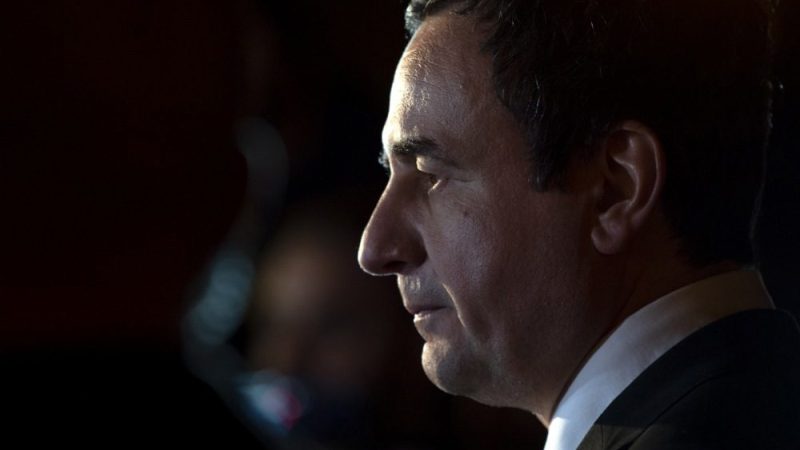Kurti escalates accusations against West, shows no sign of changing course

Photo: Albin Kurti
Kosovo Prime Minister Albin Kurti has intensified his criticism of Western officials, accusing them of “appeasement” toward Serbia amid fears of Belgrade’s ties with Moscow. In a Reuters interview in Brussels, Kurti made it clear he has no intention of heeding Western calls to change his approach to the EU-mediated dialogue between Kosovo and Serbia.
Why is this significant
Kurti’s accusations are significant because they highlight his refusal to heed calls from Kosovo’s key partners to shift stance and risk straining further Kosovo’s relationship with the EU and the U.S., which are critical to Kosovo’s political and economic support.
Background
Kosovo declared independence from Serbia in 2008, a move Serbia does not recognize, with backing from Russia. While Serbia has balanced its historically close ties with Moscow and its relationships with the West, it has refused to join Western sanctions against Russia, despite condemning the invasion of Ukraine.
Criticism of the West
Kurti accused the European Union of failing to act impartially as a referee in implementing a deal brokered in March 2023 in Ohrid, North Macedonia, meant to normalize relations between Serbia and Kosovo. He argued that the EU has been reluctant to hold Serbia accountable for its violations, saying, “I want Brussels to play the role of a referee who will blow the whistle whenever a violation of the agreement takes place.” Kurti accused the West of being overly cautious with Serbia since Russia’s 2022 invasion of Ukraine, stating that this approach is “not paying off.”
Resistance to criticism
Despite increasing pressure from the EU and the U.S. to make concessions, including the establishment of a self-governing association for Serb-majority municipalities in Kosovo, Kurti shows no sign of backing down. Western officials have blamed Kurti for blocking progress in the dialogue, but he insists that Serbia is the main obstacle, citing Belgrade’s failure to fulfill various commitments, including reopening a key bridge in the divided city of Mitrovica. The bridge, which links the majority-Serb north to the majority-Albanian south, remains closed to vehicles, symbolizing ongoing ethnic divisions.
Kurti’s Stance
Kurti stated that he is willing to discuss “self-management” for Serbs in Kosovo but firmly opposes any steps that would undermine Kosovo’s sovereignty. He also criticized the West’s focus on this single issue, arguing that it distracts from a broader range of unfulfilled commitments by Serbia. Kurti warned that efforts to keep the Mitrovica bridge closed are part of a broader Serbian agenda to partition Kosovo, declaring, “We need to open the bridge and to make Kosovo normal.”
Implications
The EU’s diplomatic service has not directly responded to Kurti’s latest accusations, while EU-imposed restrictions on economic aid and high-level meetings with Kurti’s government remain in place. The rift highlights the challenges Western powers face in mediating peace between the former wartime foes.


